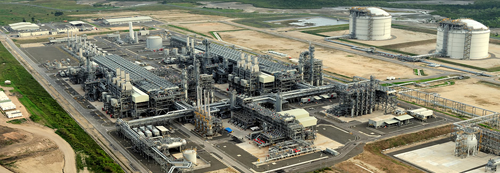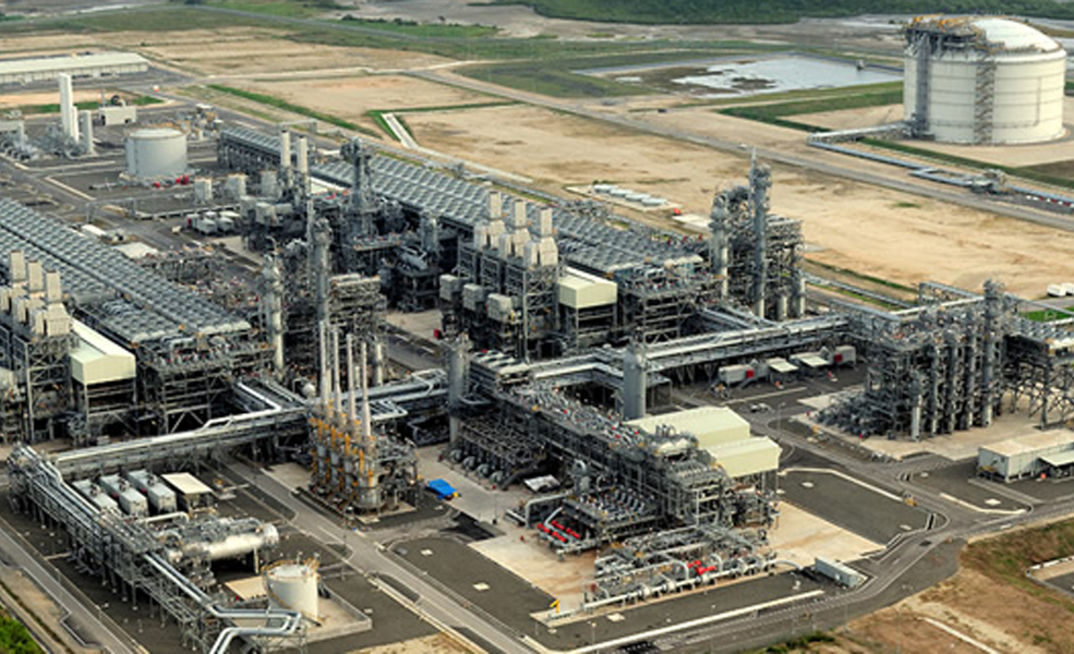In the lead up to the Australian Hydrogen Forum, we interviewed a number of our local and international speakers about their views on the future growth of the industry. They identified 6 key areas to focus on in order to scale this fledgling industry.
There is an element of magical thinking to the (often) relentlessly positive spin on hydrogen. If it is so good, why hasn't it taken off? What needs to happen to make the hydrogen economy a practical reality? Here is what our experts had to say:
1. Barriers to viability
Based in the USA, the Renewable Hydrogen Alliance promotes using renewable electricity to produce climate-neutral hydrogen. Their Executive Director, Ken Dragoon, diagnoses the biggest impediment to adoption of hydrogen as lack of education on the topic. He says, "Costs have been driven far lower than they were just a couple of years ago and it hasn't penetrated the consciousness of most decision makers."
Pacific Hydro Australia is a Chinese-owned renewable energy company based in Melbourne. Lily Habib, their Director of Projects, sees the lack of funding and planning by government agencies as a major stumbling block. Specifically, she'd like to see, "investment in infrastructure such as gas pipelines that can accommodate hydrogen; upgrades to ports and transportation ships for export; and refuelling stations for local transport and truck/car manufacturing."
Chiyoda Oceania Chiyoda are a leading LNG contractor, and Andrew Tan is the President and Chief Executive of their Oceania office, based in Perth. Where Habib sees investment in end users as the key, Tan would like to have guaranteed demand drive the investment decisions. He also identifies current cost of production and the equipment to use hydrogen once delivered as significant roadblocks.
Hydro Tasmania is one of Australia's leading clean energy business and generator of renewable energy. Tony Field, their Tasmanian Opportunities Manager, says the problem is the "dichotomy of needing large scale production to bring down prices in advance of large scale demand."
2. Supporting hydrogen at scale
Habib and Tan broadly agree that Government incentives are needed to help push the development, innovation and demand of hydrogen. Habib sees the need specific need for "some form of inter-government agreement or treaty which supports offtake."
Field says a balance of subsidies and investment support needs to be directed to both building export capability and the domestic market in Australia. He is keen that the relatively small industry in Australia collaborations for mutual benefit. He says it is "imperative to focus hydrogen use development in areas that are likely to be truly commercial first, including heavy transport fuel replacement."

PNG LNG Project, Papua New Guinea - Courtesy of ExxonMobil Corporation
3. Accurately costing hydrogen projects
When discussing the accuracy of costing hydrogen projects, Tan admits it is still difficult as there are still many unknowns in the whole supply chain. Habib sees the CAPEX side of the equation as easier to cost accurately than the offtake/revenue component. Dragoon agrees, "It's a bit difficult to calculate, especially in areas where projects haven't yet been built and there is little experience, and no workforce trained."
He says there are major projects actually underway that still haven't nailed down the financials: "One facility that has been contracted and is in design now, still isn't quite sure what the ultimate cost of the hydrogen will be, and it is of course hampering their ability to market the hydrogen."

4. Overcoming infrastructure issues
Habib thinks infrastructure issues can only be resolved by long term planning and government support for hydrogen. Tan is firm that infrastructure needs to be supported by government, "not relying on the private sector" Dragoon betrays his perhaps more entrepreneurial American mindset, optimistically citing private sector financing arrangements for infrastructure: "models are emerging where fuelling station vendors may finance their stations in exchange for take-or-pay fuel contracts."
Field thinks it is vital to plan strategically to minimise costs: for early export it will be imperative to maximise the use of existing infrastructure, and domestic strategies "could be based on utilising the existing electricity transmission grid strength to supply distributed electrolysers."
5. Who will buy?
Interestingly, none of our panellists identified export as short term market for hydrogen. For Dragoon, "the near term opportunity seems to be transportation, buoyed by the higher cost per unit energy of transportation fuels and low carbon fuel standard credits where they exist."
Field has a similar view; "Short to medium term uses will be strongly driven by liquid fuel replacement opportunities."
Habib sees transportation use as a longer term project, and predicts that hydrogen as an export or as a heat or power source for business are in the more distant future. She believes the early adopters of hydrogen will be "remote sites as back-up generation and buyers/users for the production of ammonia".
Tan concurs that hydrogen will be mostly used domestically in the immediate future, with an export market only developing in "countries where Governments are supporting transition."

6. Where will technology drive hydrogen in future?
Looking to the future, Tan notes that technological advances will be the key bringing down costs so hydrogen is more widely accepted. Field sees strong potential for hydrogen derivative fuels including ammonia and methanol to become the low carbon shipping fuel of the future. He notes, "Australia would be well placed for a significant percentage of this huge market with its massive renewable energy development potential."
Dragoon tries not to get caught up in specific developments; "We have such a steep hill to climb reducing carbon emissions between now and 2030 that any new technological breakthrough today will not likely come to commercial application at the scales needed to be a significant help by 2030. We need to concentrate on scaling and deploying the technologies we have today."
But he can't help but be inspired by seeing ZeroAvia's hydrogen airplane in flight. "Marine applications may have a bigger impact sooner than aviation, but aviation holds my imagination."
You'll be hearing from these experts and many more at the Australian Hydrogen Forum 2020.
Connect virtually from 15-17 September, and you'll interact live with speakers and your industry peers.
The forum is more than just a live stream. You'll be at the centre of the discussion, with integrated valuable content, idea sharing and virtual networking with the amazing speakers and audience.
ABOUT THIS COMPANY
Quest Events
Quest Events is a fast-growing business information and networking event provider – producing timely and relevant conferences, exhibitions and training seminars for industry and government participants alike.
HEAD OFFICE:
- Level 2, 53-55 Sydney Rd, Manly, NSW, 2095, Australia
- Telephone: +61 (0)2 9977 0565
- Web: www.questevents.com.au
- Email: info@questevents.com.au

























